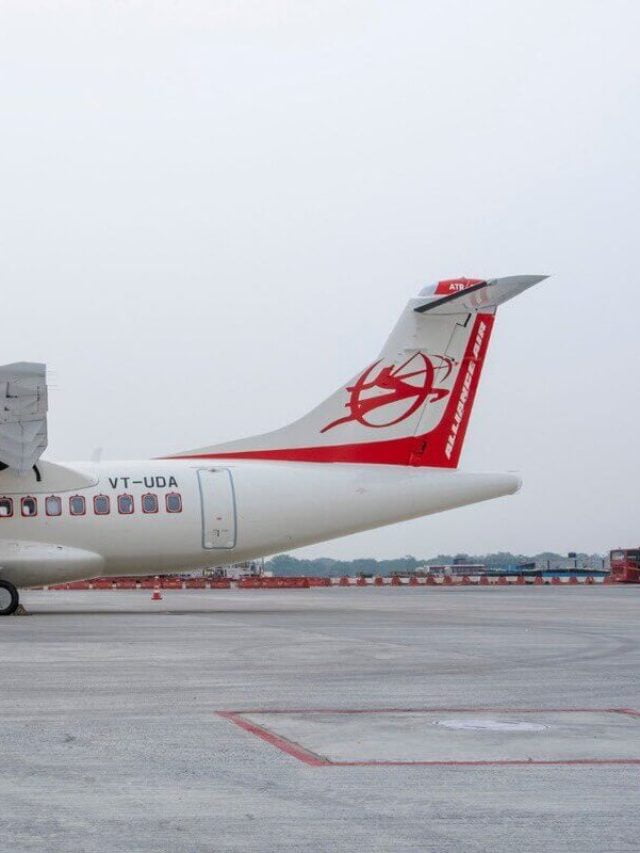
Apparently, the European multinational Aerospace company Airbus is looking to expand its portfolio even further as it ends the year with three huge orders. It seems like that the carrier manufacturer is going to push the production for its signature A320 carriers which might even be more than 65 monthly carriers planned for the present. The move from the company may be very justifiable as it has received an order of 40 carriers (with an option of 94) from Australian airline Qantas and a 100 from Air-France KLM in the week gone by.
Expansion of Production
In June of this year, Airbus had informed that the company is looking forward to manufacturing a total of 64 aircraft monthly by mid-2023 which is a bit higher than pre-pandemic production where the manufacturer was producing about 60 carriers a month. However, the latest orders might turn things around. Based on the above-mentioned orders for carriers, the CCO of Airbus, Christian Scherer has said in a statement that the company can justify the increase in production of A320s. According to Reuters, he said that the things that are being materialised formally now is something they had an idea of beforehand.
This statement hints towards the fact that the manufacturer could easily surpass the airline production number per month from 65 to 75, however, the timeline for such a production hike is not known as of now. Further statements from the firm suggest that the company could eye 2025 for such an increase. Although not everyone seems to be happy about the decision of increasing the production of carriers.
The increase in production of aircraft will act as a huge advantage for a lot of suppliers but there are few who wouldn’t really gain from such a decision. To be precise, engine manufacturers have been raising their voices against this decision in the backdrop. The increased production of A320s would mean that the airlines will retire the older flights faster and look for new aircraft which would result in loss of engine maintenance revenue. In a quite similar fashion, there are more suppliers who fear losing the revenue from maintenance services which makes a good part of the balance sheet. However, it doesn’t seem like that the European manufacturer would be too concerned about the issue as engine makers won’t oppose such a plan in practicality.








